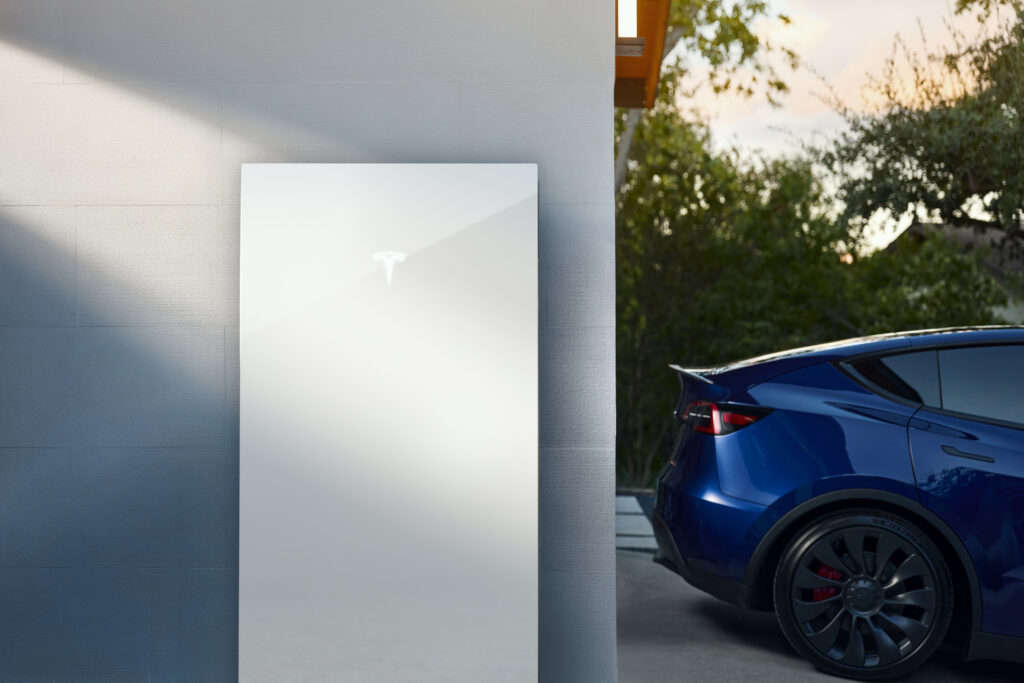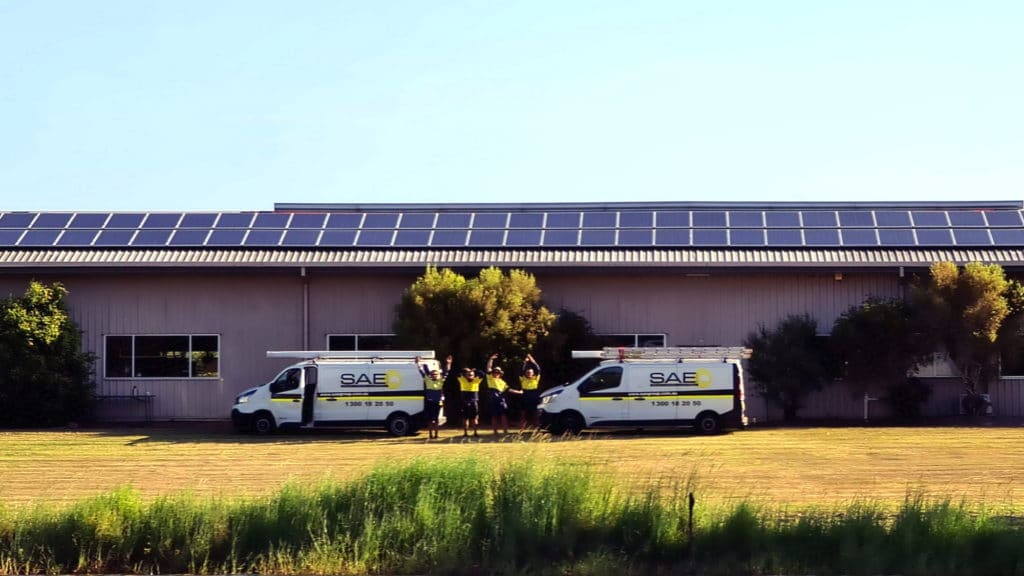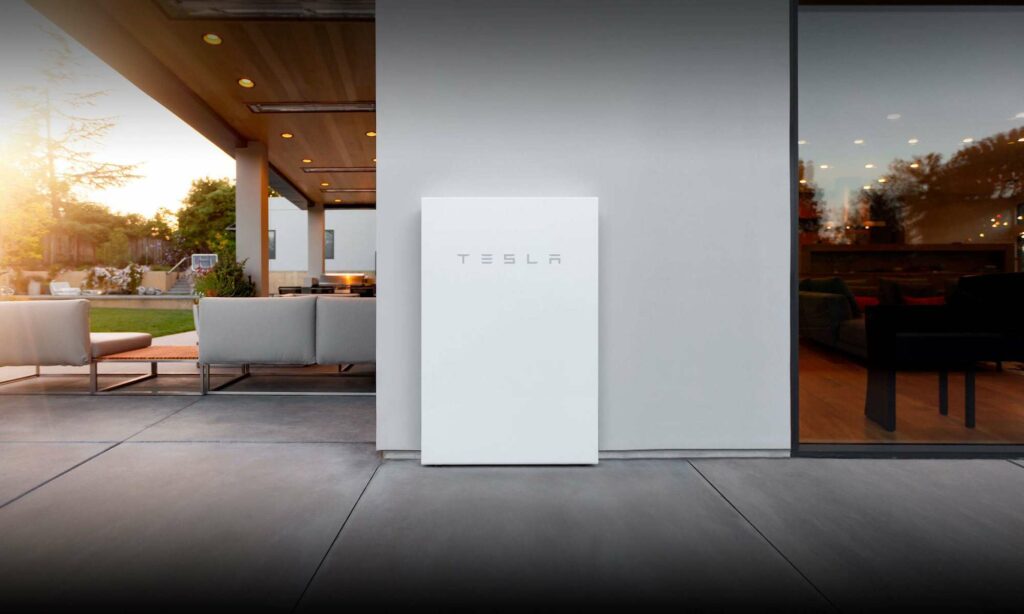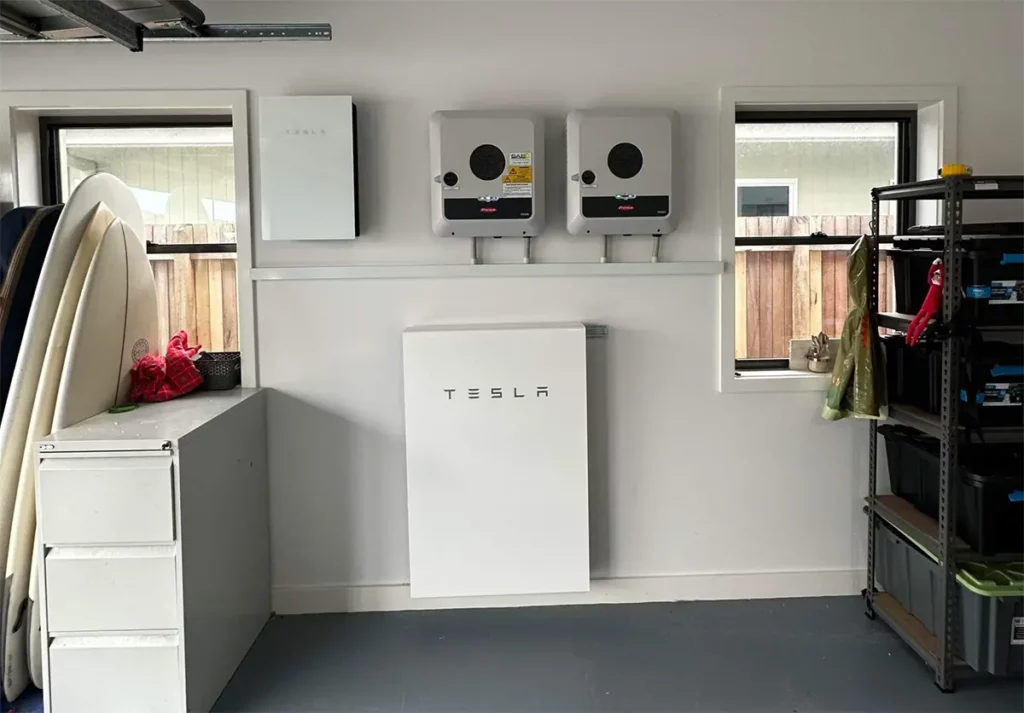Living Off The Grid Living
Home » Living Off The Grid Living

Living a life off the grid
What exactly is off grid living?
Living off the grid solar is when your home is not connected to local grid power (via a local electricity company). Off grid living means you are completely independent and self-sufficient when it comes to your electricity needs.
If you’re familiar with solar power, you’re probably aware that a standard, grid connected solar system is typically comprised of two key components; solar panels and an inverter, while an off grid system is comprised of solar panels and batteries (an inverter may also be required if it’s not manufactured into the batteries).
All solar systems in Brisbane (on & off grid) generate power throughout the day, while the sun is shining. If you are still connect to the grid, you will likely consume a percentage of the power your panels are generating and you will send any unused energy back to the grid (this is known as exporting, you can read about export limiting here). In the evenings, when your panels aren’t generating any energy, you will draw from the grid to power your home and appliances.
When you live off the grid – you will have batteries which will store any unused energy throughout the day, rather than sending it back to the grid, to use throughout the evenings. By doing this, you will no longer be connected to any electricity provider as you won’t need to pull from the grid in the evenings – you will use the energy your panels generated and banked, to power your home. (Side note: you can still have batteries and remain connected to the grid).
The major visible and costly difference when you decide to go off-grid with your solar system, is that you will require batteries. The bigger the batteries, the longer you can run your household appliances and power your home.
Some of the key benefits of an off grid system
- Power outages: off grid solar systems are reliable in power outage situations as you still have the ability to power your home – you will draw energy from your battery as required until you have consumed all stored energy.
- Reduced electricity costs: while the initial investment in an off grid system is relatively high as more equipment is required that that of a typical on grid system – you will begin reaping the rewards immediately by eliminating monthly electricity bills.
- Live rurally? No worries! As you won’t require a grid connection, you could save money by avoiding any (rural) connection fees. Live where you like (you just need your solar panels to be in the sunlight and generating!) and produce and control your own power.
- Reduce your carbon footprint: by making the switch to an off grid lifestyle, you’ll be eliminating your consumption of fossil fueled energy – ultimately minimising a negative impact on the environment.







